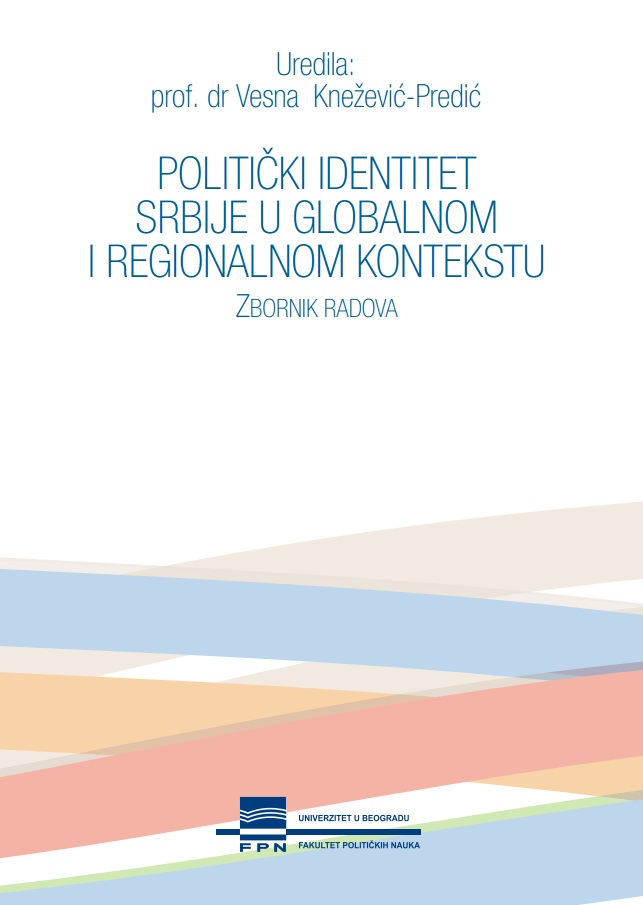Serbia and International Law at the Crossroads of Centuries - Serbian Approach to International Law until the Beginning of the First World War
Serbia and International Law at the Crossroads of Centuries - Serbian Approach to International Law until the Beginning of the First World War
Author(s): Vesna Knežević-Predić, Janja Simentić
Subject(s): History of Law, International Law, Politics and law
Published by: Fakultet političkih nauka Univerziteta u Beogradu
Summary/Abstract: In this article the authors focus on the historical analysis of the position of Serbia towards international law of the XIX century. The research encompasses a broad period of time, spanning from 1830 to the beginning of the First World War, in order to cover the distinct legal status of Serbia – both as a vassal of the Ottoman Empire and as an independent State. The research has proven that Serbia has taken a stance on international law in an indirect manner even before it gained independence – through the Ottoman Empire. In order to provide a closer insight into Serbia’s indirect approach towards internationallaw, the authors will point to the institutes that came into being before the change of Serbia’s international legal status. This part of the research will address the following issues: regime of capitulations, establishment of consular relations with third countries and treaties applicable to Serbia as a vassal of the Ottoman Empire. In the second −central part of the research, the authors will comment upon Serbia’s direct approach to international law, which Serbia developed by becoming a party to international treaties on its own behalf, especially in the field of international law of armed conflict. In that respect, 1864 Geneva Convention and 1899 and 1907 Hague Conventions are of paramount importance. Having in mind that Serbia was accepted as a party to the Geneva Convention even before gaining independence, it is important to note that Serbia’ s direct approach temporally precedes the change of its legal status. Another pivotal issue for Serbia’s direct link with international law were the Hague Conventions. Serbia did not only become their signatory state but was also included in the making of the mentioned conventions. Therefore, the authors will provide an in depth analysis of Serbian participation, activities and contributions to the Hague peace conferences. It will be concluded that in spite of its newly changed international status, Serbia was fast in adapting to the international legal environment. Serbia was aware of the need to become an active part of the international community and wisely used its resources to engage in international legal processes.
Book: Politički identitet Srbije u globalnom i regionalnom kontekstu
- Page Range: 181-201
- Page Count: 21
- Publication Year: 2015
- Language: English
- Content File-PDF

